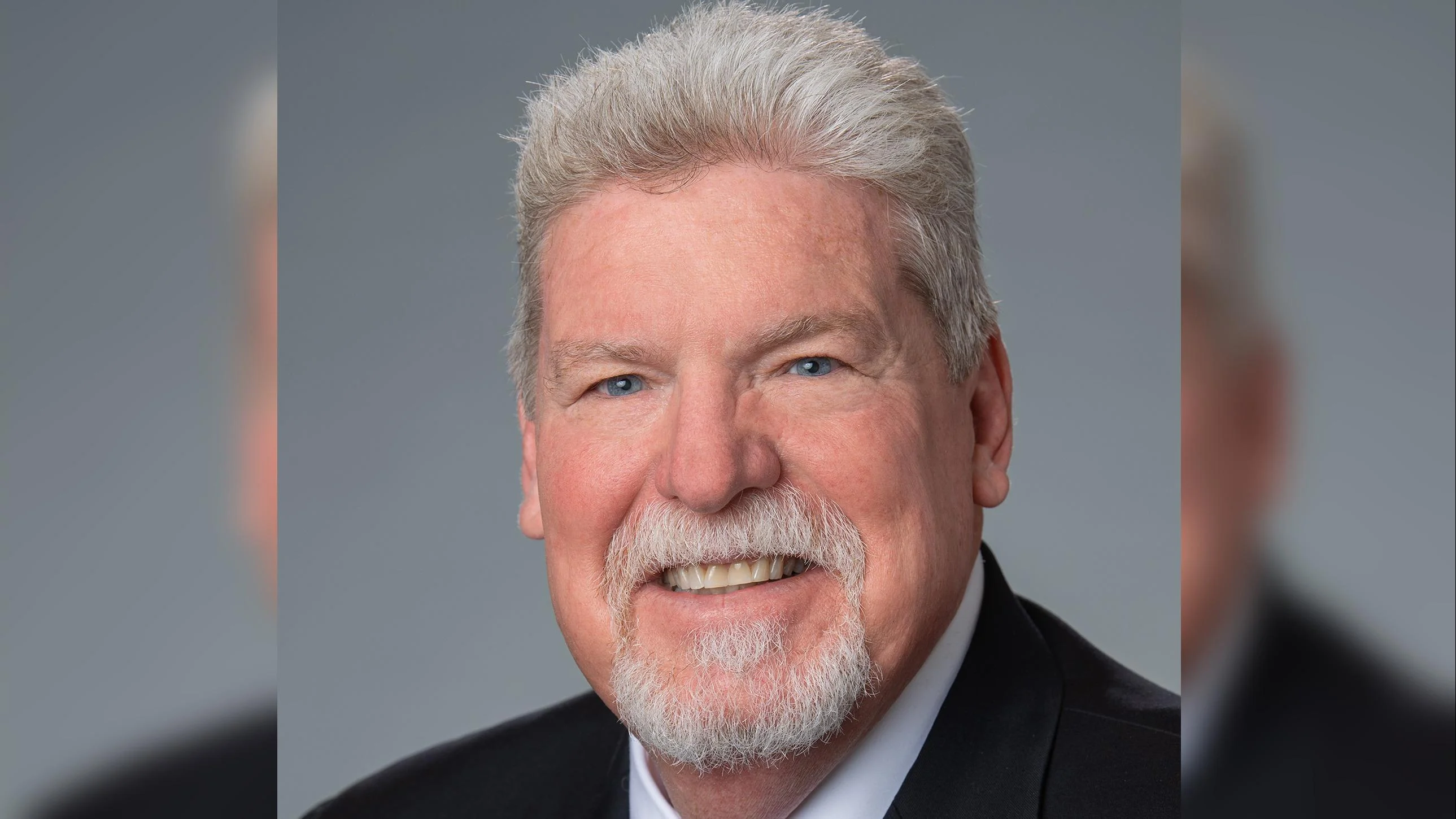The National Association of Home Builders (NAHB) has urged Congress to address the ongoing housing affordability crisis by supporting policies that maintain energy choice, allow access to a variety of appliances, and provide flexibility in building energy codes. NAHB Chairman Buddy Hughes presented these concerns during testimony before a House Energy and Commerce subcommittee.
Hughes, who is a builder and developer from Lexington, N.C., highlighted several regulatory challenges facing home builders across the country. He stated: “Among the most pressing regulatory challenges are mandates on energy building codes, appliance standards and restrictions on fuel choice,” said Hughes. “While often well-intentioned, these requirements add thousands of dollars to the cost of a home, limit consumer freedom, and take important design and lifestyle decisions out of the hands of American families.”
Data from the U.S. Energy Information Administration indicates that households using natural gas for heating last winter spent significantly less than those relying on electricity. Over ten years, low-cost natural gas has resulted in substantial savings for residential customers.
Hughes emphasized that increasing housing supply is essential for affordability but warned against policies that raise costs or restrict options for consumers. “NAHB strongly believes that increasing the supply of new single-family and multifamily housing is critical to addressing affordability, but policies that drive up costs and limit choice will only make the problem worse,” said Hughes. “When mandates impose rigid energy codes or restrict appliance choice, they not only raise costs but also strip families of those options.”
He called on lawmakers to support the Energy Choice Act, which would prevent bans on natural gas in new homes at state and local levels. According to Hughes: “Enacting this legislation will help protect housing affordability, strengthen energy reliability, and allow communities to pursue common-sense, cost-effective solutions that balance environmental goals with the economic realities of consumers,” he said.
Hughes also criticized federal efforts requiring new homes to comply with stricter energy efficiency standards under the 2021 International Energy Conservation Code (IECC). Research from Home Innovation Research Labs shows compliance with these standards could increase new home prices by $9,600 to $21,400 depending on climate zone; some builders have reported even higher increases per single-family home. The payback period for such investments can be as long as 90 years.
Additionally, Section 50131 of the Inflation Reduction Act provided $1 billion in incentives for adopting newer code editions like 2021 IECC and ASHRAE Standard 90.1-2019 at state or local levels—effectively pushing governments toward more expensive regulations.
“While framed as a tool to promote energy efficiency, in practice this program has become a rigid mandate that undermines housing affordability, consumer choice and the traditional authority of state and local governments in the code adoption process,” Hughes said. “NAHB commends Rep. Craig Goldman (R-Texas) for championing the Homeowner Energy Freedom Act, legislation that would eliminate Section 50131.”
Modern construction practices have already improved energy use in new homes according to Hughes: “Any policy that aims to make a significant difference on energy efficiency must focus on the existing housing stock, particularly older homes built before the introduction of modern energy codes,” he said.
With about 90% of U.S. homes built before 2010—totaling roughly 130 million—improving older structures presents greater potential for meaningful savings than adding costly requirements for new construction.
“NAHB stands ready to work with Congress to ensure that federal energy policy strengthens housing supply and preserves the ability of American families to achieve the dream of homeownership,” concluded Hughes.





